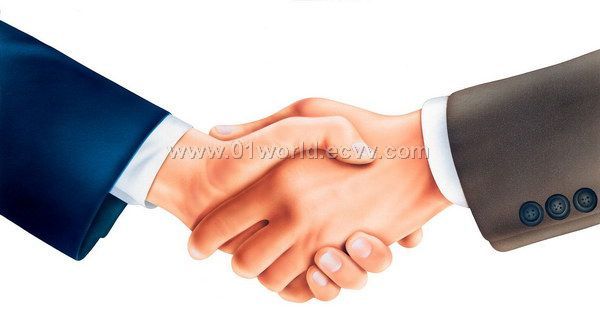You can identify target market by conducting International Market research activity that will give you detailed knowledge of opportunities in International market. It can confirm that an opportunity actually exists in a particular market and can help you to understand the market's characteristics. It can give you insight into how a new market can be developed. Most important, it helps you to identify needs of your potential customers and factors influences their buying decisions.

Types of Market Research
There are two main types of market research: secondary and primary.
Secondary research
This can be done by using data and information gathered from periodicals, studies, market reports, books, surveys and statistical analysis available through various sources like chambers of commerce, economic development organizations, industry and trade associations, websites, libraries and government sources.
Primary research
This can be done by using data and information gathered by Interviews, Focus groups, Mystery shopping etc. Primary research almost always demands personal involvement through interviews and consultations. Your foreign or domestic contacts will be able to help you better if you state your company's objectives at the outset and present your questions clearly.
Though Market Research is a complex process but following three simple steps will help you to identify target with secondary research approach.
Step 1: Collecting data
- Collect statistical information of related sector that show export data of your product or service to various countries. You can collect those data from various sources like periodicals, studies, market reports, books, surveys and statistical analyses published by chambers of commerce, economic development organizations, industry and trade associations, Export promotion councils.
- Many country's concern Govt. dept. publishes export-import statistic data on their websites also. For Example, in India, Ministry of Commerce & Industry's website- http://commerce.nic.in/ publishes export-import data categorized by HS code.
- Other online sources like Comtrade also publishes International trade statistic data.
Step 2: Screening
- From those collected data, select 5 to 10 countries where your product or service has maximum volume of export from your country. Check them over the past three or five years to know whether growth been consistent year-to-year? Did import growth occur even during periods of economic recession? If not, did growth resume with economic recovery?
- Also select some smaller emerging countries that may hold ground-floor opportunities for you. If the market is just beginning to open up, you may not have as many competitors as you would in an established market.
- Screen and target three to five of the most promising countries for further analysis.
Step 3: Analysis
- Analyse market trends and situation of those screened countries that could influence demand for your product or service. Calculate the overall consumption of your products or services category and identify the amount imported.
- Study the competition, both domestic and non-domestic. Look at each competitor's market share.
- Identify what affects the marketing and use of the product or service in each market, such as channels of distribution, economic situation, cultural differences and business practices.
- Identify any foreign barriers (tariff or non-tariff) for the product or service being imported into those country affecting exports to the country.
- Refer websites of WTO, Euro monitor, Country reports and screened country's specific business portals which will help you more to analyse current market trends and situation. There are many other sources on Internet, publishing useful information on current global market trends and situation.
After completing these three steps successfully, you will be able to identify your target market and restrict your marketing efforts to those countries only. New-to-exporting companies should concentrate on fewer than ten markets. One or two countries are usually enough to start with. You can then begin to develop your export marketing strategies and plan accordingly.
International market research activity needs expertise work so recommend you to get expert's advices on performing research activities because if you have identified your target market wrong, all your efforts for export marketing will go waste from the first step itself.
Azaz Motiwala is a marketing consultant and CMD of IKON Marketing Consultants India, a leading marketing consultancy company assisting corporate companies and SMEs with expert advices and solutions on various areas of marketing. http://www.ikonmarket.com



